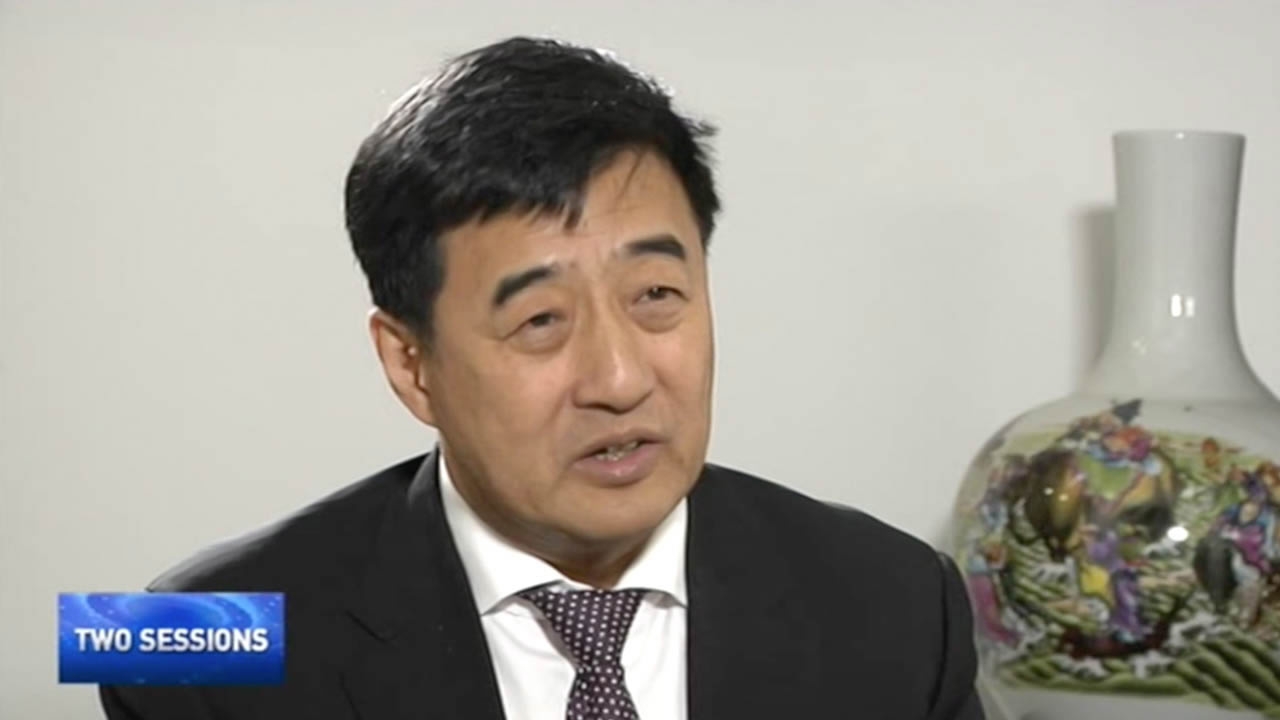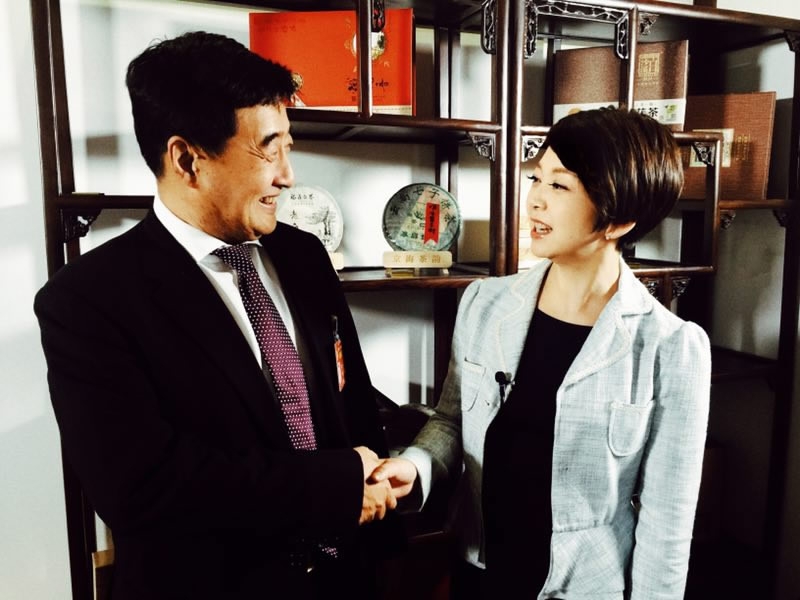
Politics
16:58, 10-Mar-2017
Exclusive Interview: ICBC Vice President Zhang Hongli talks about financing Belt and Road initiative projects
Updated
11:00, 28-Jun-2018

By CGTN's Tianwei & Shi Haizhen
With China working on its own financial structural reform, Chinese banks are not only working on changing for the better, but are also trying to take on projects related to the Belt and Road initiative as an opportunity to test new skills. That's what ICBC Vice President Zhang Hongli told CGTN's Tian Wei during a special interview series on the Two Sessions titled, "In My Opinion." ICBC has been described as the biggest bank in the world by total assets and market capitalization, and has been active on Belt and Road-related investment.

Zhang Hongli, Vice President of ICBC with CGTN's Tianwei/CGTN photo
Zhang Hongli, Vice President of ICBC with CGTN's Tianwei/CGTN photo
While commenting on some doubts that infrastructure projects could be too long and too expensive, Zhang said since the "One Belt, One Road" initiative is not going to be done tomorrow, ICBC, a bank which is good at long-term infrastructure projects, is looking at 100 years or more.
“When we are financing infrastructure projects, we are working with everyone. Financing is only one aspect; there is equity investment, there is debt market, mergers and acquisitions, risk management… A lot of things can be done, from the bank's perspective. Then there is trade. When we see infrastructure being built and trade improving, there are trade flows, so there is a lot of monetary transactions that’s going to happen,” said Zhang.
However, in many of these areas, China is still feeling its way around. Zhang acknowledged that there are still tons of work that needs to be done, especially when it comes to financial reform, but China is confident enough, as it keeps learning and improving through the whole process.
Although the Chinese government is the biggest stake holder of ICBC, Zhang said that doesn’t mean they have to base all their decisions on geopolitical concerns.
“We make independent decisions. Yes, of course we want to invest in friendly countries, where people are friendly to us and to the Chinese government, because our largest shareholder is Chinese government, and we are not going to invest in countries who don’t like us. Why bother? There are so many things to do,” said Zhang.

SITEMAP
Copyright © 2018 CGTN. Beijing ICP prepared NO.16065310-3
Copyright © 2018 CGTN. Beijing ICP prepared NO.16065310-3